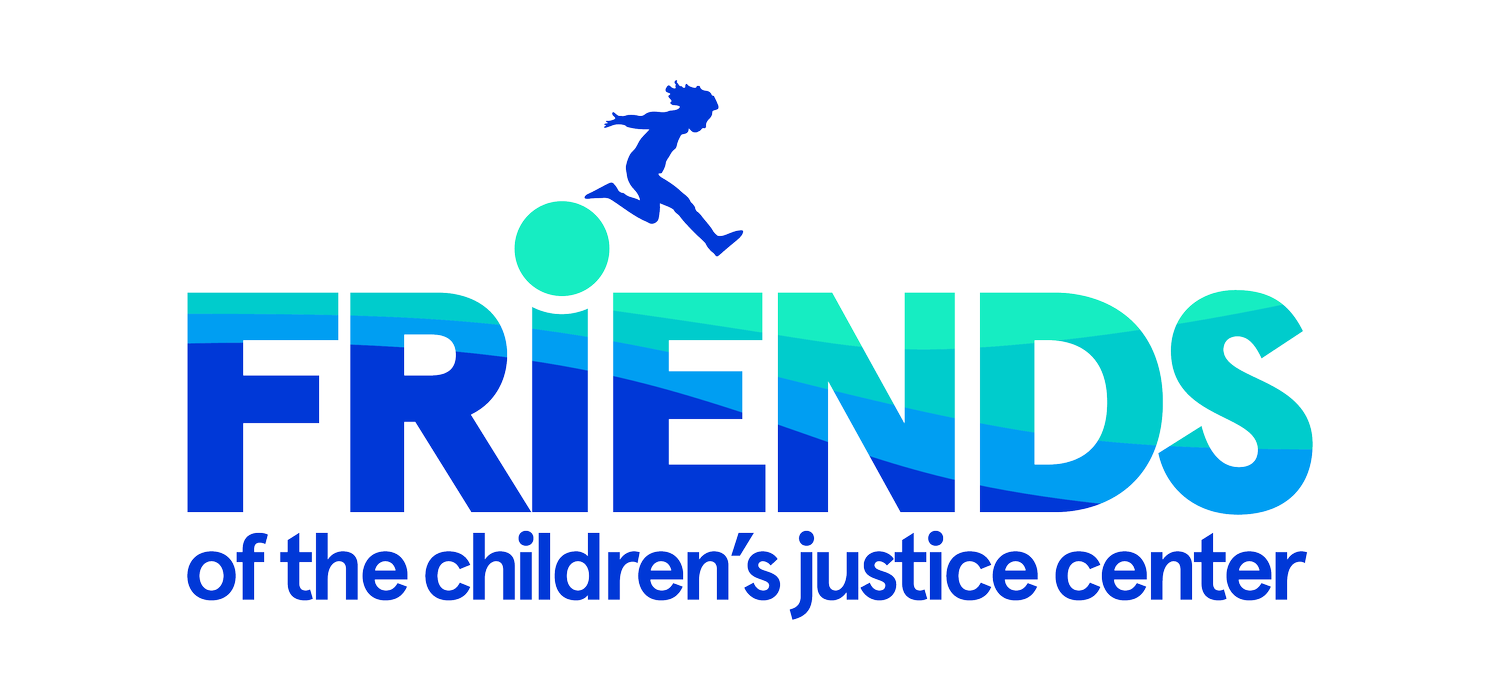Helping Children Transform Trauma Into Resilience During the Holidays
Hello Friends! As we head into the giving season and holiday excitement of December, we want you to know how much we appreciate your consistent support over the years. We could not be the Friends nonprofit without you-our friends. Your contributions and partnership have positively helped child victims of crime in Salt Lake County on their journey to transform trauma into resilience. As we prepare to add new pathways of opportunities for the children and families served by the CJC in 2024, we hope you will follow the Friends on social media, read through our blog for the latest updates and donate to our cause.
Over the past year, we have had the opportunity to meet with stellar community leaders and businesses that care about our children and are passionate about being part of our mission. We have also had the opportunity to meet some families with personal connections to the CJC and hear their stories of success. We are mindful that for families navigating the emotional journey of abuse, the holidays can be particularly challenging. So, we scoured the internet looking for short and sweet tips that might offer some extra help and support. We hope you find the article “5 Tips for Helping Children Transform Trauma Into Resilience During the Holidays” helpful.
The holiday season is a time of joy and celebration for many, but for children who have experienced abuse, it can be a challenging and triggering time. As caring adults, it is our responsibility to create a safe and nurturing environment for these children, where they can heal and find solace. In this article, we will explore one powerful way to support these children during the holidays and provide them with the care they deserve.
Building Trust Through Empathy and Understanding
To create a safe and nurturing environment for children who have experienced abuse during the holidays, it is crucial to establish trust through empathy and understanding. Here's how:
Active Listening
Listening actively and attentively to their stories, fears, and emotions is essential. Allow them to express themselves without judgment or interruption. Pay attention to both their verbal and non-verbal cues, acknowledging their pain and validating their experiences. By being present and showing genuine concern, you can help them feel heard and understood.
Tailoring Holiday Experiences
Each child's experience of abuse is unique, and the holiday season can be a reminder of those painful memories. It is important to tailor holiday experiences to their specific needs, preferences, and triggers. Discuss with the child and their caregivers what activities, traditions, or events they feel comfortable participating in and create a holiday plan accordingly. This customization can help reduce anxiety and create a sense of safety and control.
Establishing Boundaries
Setting clear boundaries is crucial to ensure the child feels safe and protected during the provide a safe physical environment. By creating a boundary-aware atmosphere, you help rebuild their trust in others and empower them to establish healthy boundaries in their future relationships.
Encourage Self-Expression
Children who have experienced abuse often struggle with expressing their emotions. Encourage and provide opportunities for self-expression through various mediums, such as art, music, writing, or even play therapy. These outlets can help them process their feelings, build resilience, and regain a sense of control over their lives.
Cultivating a Supportive Network
No child should face the aftermath of abuse alone. Cultivate a supportive network of professionals, including therapists, counselors, and support groups, who specialize in working with children who have experienced abuse. Collaborate with these experts to ensure the child receives the appropriate care and intervention. Additionally, involve trusted family members, friends, and mentors who can provide a loving and nurturing presence in the child's life.
Creating a safe and nurturing environment for children who have experienced abuse during the holidays requires compassion, empathy, and understanding. By actively listening, tailoring holiday experiences, establishing boundaries, encouraging self-expression, and cultivating a supportive network, we can empower these children to heal, thrive, and reclaim their sense of joy during this special time of the year. Let us come together to be the guiding light that illuminates their path to recovery and well-being.
Remember, each child's needs are unique. For further guidance or local resources please visit utahcjc.org.
